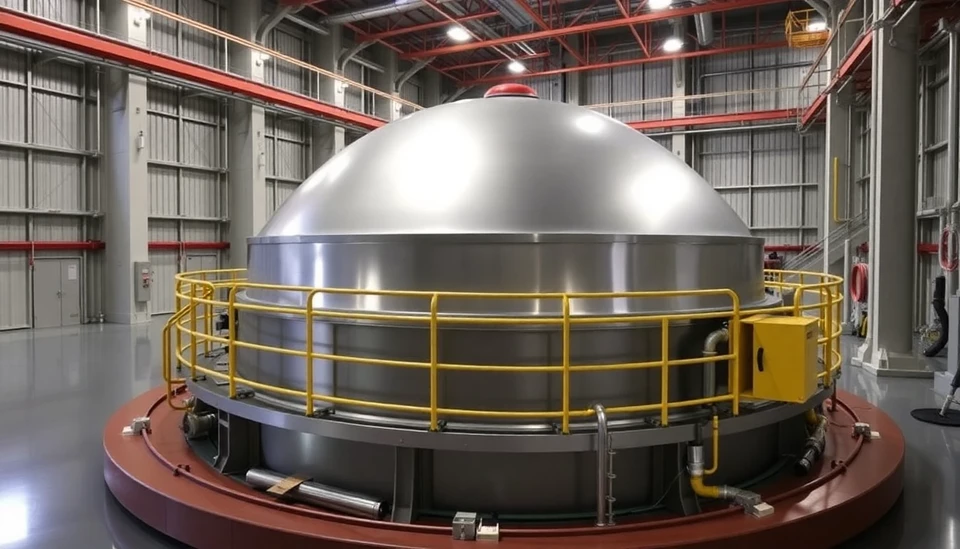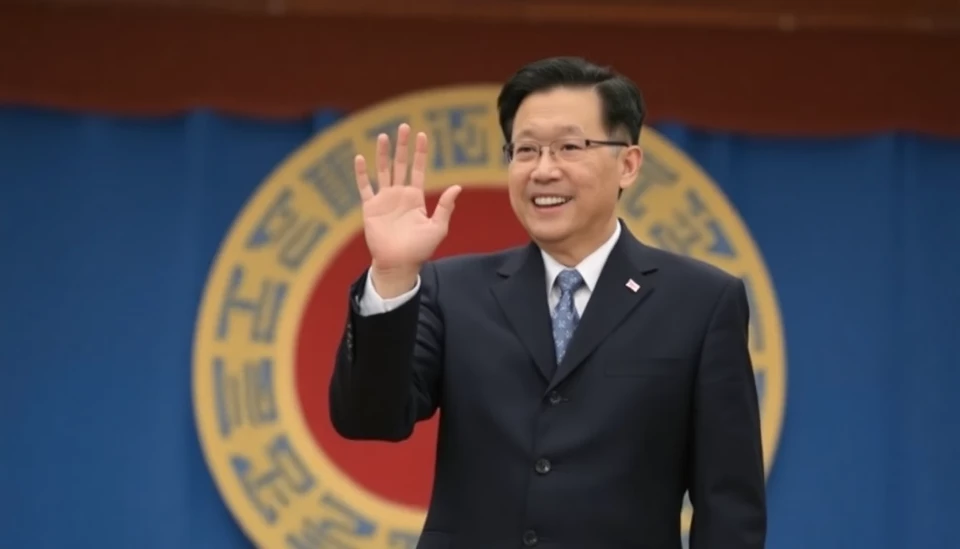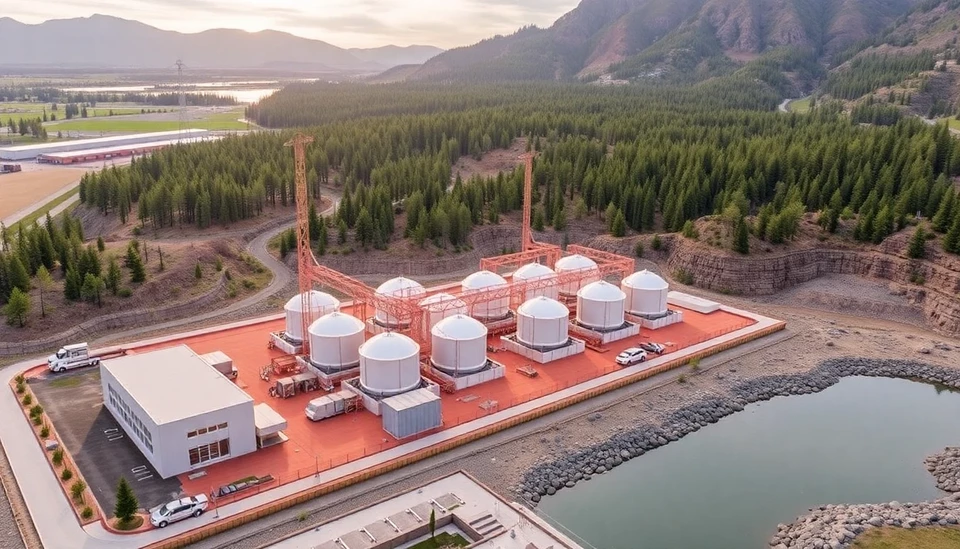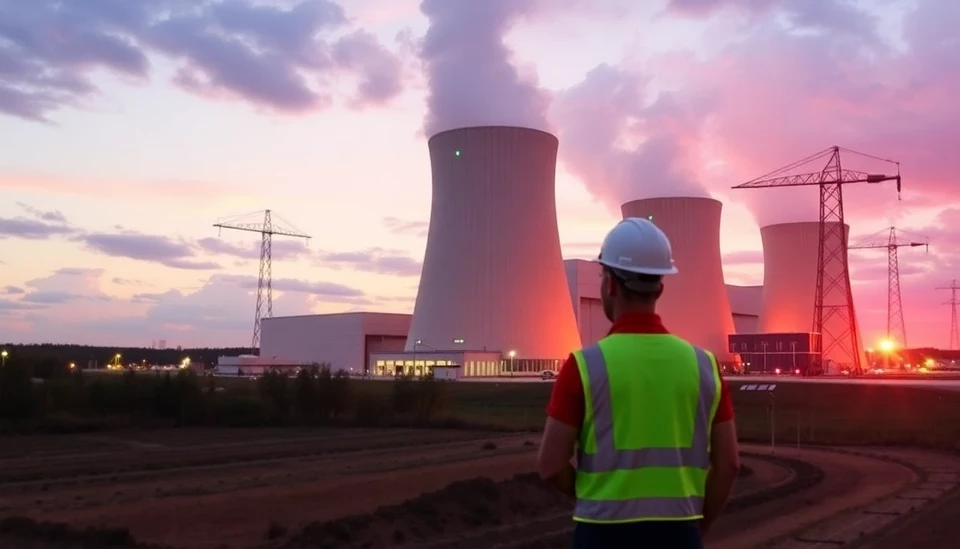
The United States is actively pursuing discussions with a range of Asian nations regarding the potential deployment of small modular reactors (SMRs). These compact nuclear power systems, designed for flexibility and safety, aim to enhance energy independence while addressing climate change challenges across the region.
This initiative comes at a pivotal moment as many countries explore alternatives to fossil fuels in their energy portfolios. The Biden Administration sees SMRs as a significant step towards achieving net-zero emissions by integrating safe nuclear technology into energy strategies, particularly in developing and emerging economies that may lack the resources for more traditional energy solutions.
Among the countries engaging with U.S. officials are South Korea, Indonesia, and the Philippines. Each nation has expressed interest in boosting their energy security and reducing reliance on coal and oil. The discussions revolve around how U.S. companies can assist these countries in setting up their nuclear infrastructure, training personnel, and ensuring that operational standards meet both domestic and international safety regulations.
South Korea has been a prominent player in the nuclear energy sector, possessing advanced technology and a well-established track record in reactor construction and maintenance. By partnering with the U.S., South Korea could potentially expand its reach in providing SMRs not only domestically but also across neighboring regions.
Indonesia and the Philippines present unique opportunities for SMR deployment. As Indonesia grapples with energy shortages and the Philippines seeks to diversify its energy sources in the face of frequent natural disasters, the potential benefits of SMRs could play a crucial role. The U.S. views these collaborations as a way to foster economic growth while addressing clean energy needs.
Moreover, this strategy aligns with the U.S.’s broader geopolitical goals, particularly in countering China's influence in the Asia-Pacific region. By strengthening alliances through nuclear cooperation, the U.S. aims to solidify its position as a leader in global energy innovation and infrastructure, creating a unified front in tackling shared challenges like climate change and energy security.
As these discussions advance, both the U.S. and its Asian partners are expected to weigh the financial implications of deploying SMRs against their potential for long-term sustainability. Financing options, regulations, and public sentiment regarding nuclear energy will be critical factors influencing these projects.
In conclusion, the efforts by the U.S. to collaborate with Asian nations on small modular reactor deployment signify a transformative approach to global energy solutions. By leveraging nuclear technology, these partnerships could pave the way for sustainable energy practices while ensuring that countries can meet their growing power demands amid a changing climate.
#NuclearEnergy #ClimateChange #SmallModularReactors #SustainableEnergy #USAsiaRelations #EnergyIndependence #CleanEnergy #Innovation
Author: Megan Clarke




